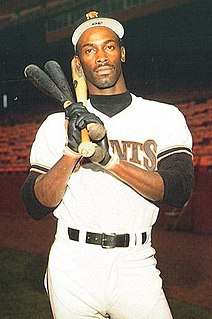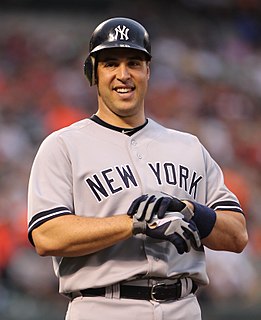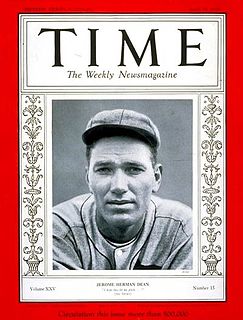A Quote by Warren Spahn
A pitcher needs two pitches, one they're looking for and one to cross them up.
Related Quotes
There are certain things I can't do, certain pitches I can't hit. You stay away from them. You try to wait for pitches you can hit. The bat speed isn't what it used to be. You make up for it by using your head, working counts, getting ahead in counts and getting pitches to hit and hitting them hard.
We have heard projects with some of the writers, who we've been in business with for a long time at the studio, that we've heard as a studio - often, pitches that are still in their formation stage where we or the writers have wanted our input on developing them. We've probably heard more pitches with the network hat on. Certainly all of the outside pitches are that way, and many of the pitches that have been in great shape coming out of the studio we've heard from a network perspective.
Maybe you just have those impromptu conversations, or where all of the sudden you're standing on the corner waiting to cross the street and you notice three people looking up and you look up with them. And you all smile at each other because you're seeing a little piece of a rainbow between two buildings, and that little rainbow and you all just shared a New York moment, and that's awesome, and then you keep on in your way.





































